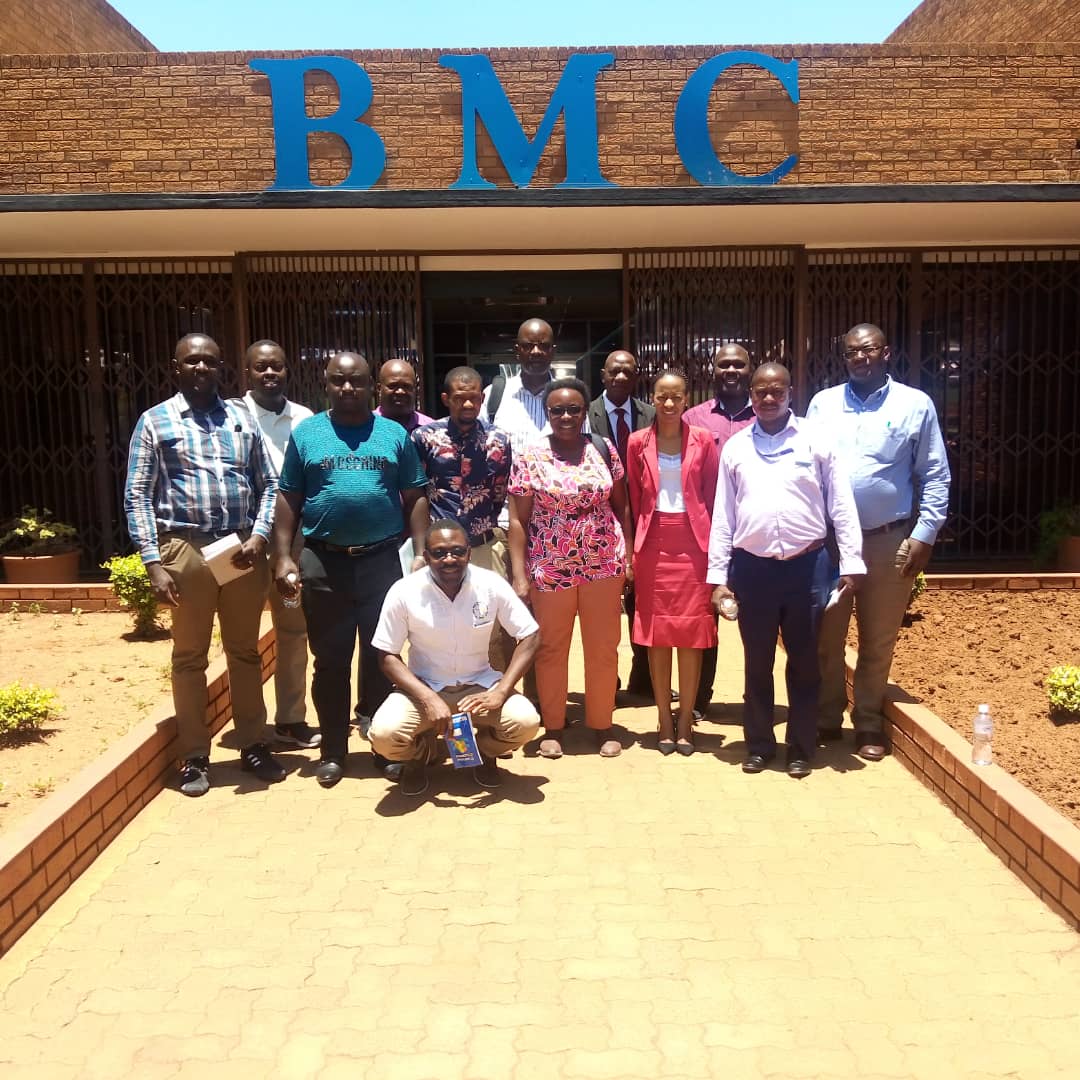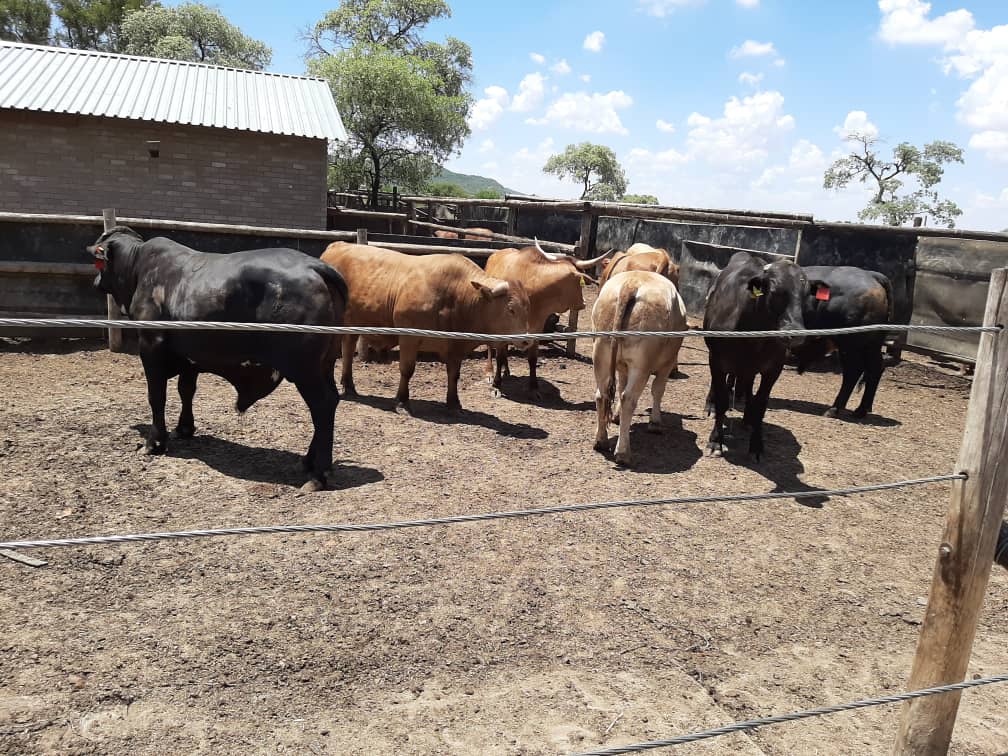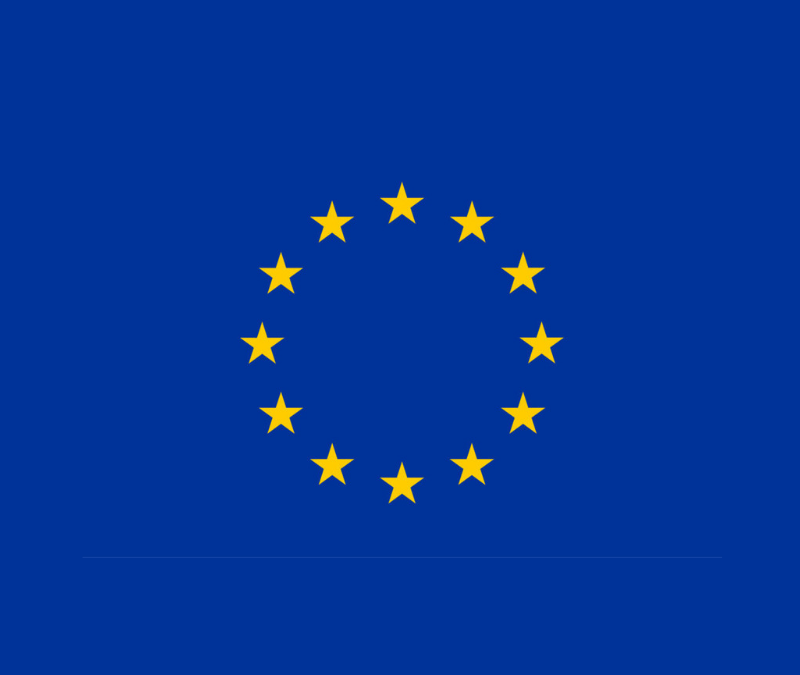The European Union is supporting Uganda to improve the livestock sector through the meat value chain from production to consumption, under a Euro 15million project. Together with the Ministry of Agriculture, Animal Industry and Fisheries (MAAIF), the Uganda Meat Producers Cooperative Union Ltd (UMPCU), is implementing the Farmer-Led Beef Livestock Investment and Sustainability project (FALBIIS), a part of MAAIF’s Developing a Market-Oriented and Environmentally Sustainable Beef Meat Industry in Uganda (MOBIP).
Recently, a team from Uganda’s livestock sector had an opportunity to visit Botswana between November 24th and November 30th 2019, to benchmark the country’s good practices in animal health care and veterinary services, animal identification and traceability. The E.U sponsored trip saw a group of eight led by the Acting Director of Animal Resources (DAR) in MAAIF; Dr. Juliet Ssentumbwe visit Botswana; one of Africa’s leading beef exporters to the European market. The other members were from the technical advisory team under the European Union project; Developing a Market-Oriented and Environmentally Sustainable Beef Meat Industry in Uganda (MOBIP), MAAIF officials, Uganda Meat Producers Cooperative Union Ltd, a boran breeder, and Sanga Meat Company.

The main objectives of the trip were to discuss:
- The progressive development of the beef industry over the years
- Public financial support to the beef industry and the contribution of livestock to Botswana’s economy
- Zoning and compartmentalization
- The veterinary laboratory network countrywide
- Management of veterinary pharmaceuticals and devices
- Etc.
The team learned from the Botswana Ministry of Agricultural Development and Food Security, that the country took part in setting standards and the pastoralism policy as the African Union (AU), and had also adopted an animal policy for Africa. The country has managed to control animal diseases by following a regular schedule of vaccinations conducted between April and December every year.
The group visited, among other places, Botswana National Veterinary Laboratory, Botswana Vaccine Institute, a feedlot in Gabane, Botswana Meat Commission, a communal holding ground, a fenced farm, the range management centre and the Artificial Insemination centre.


